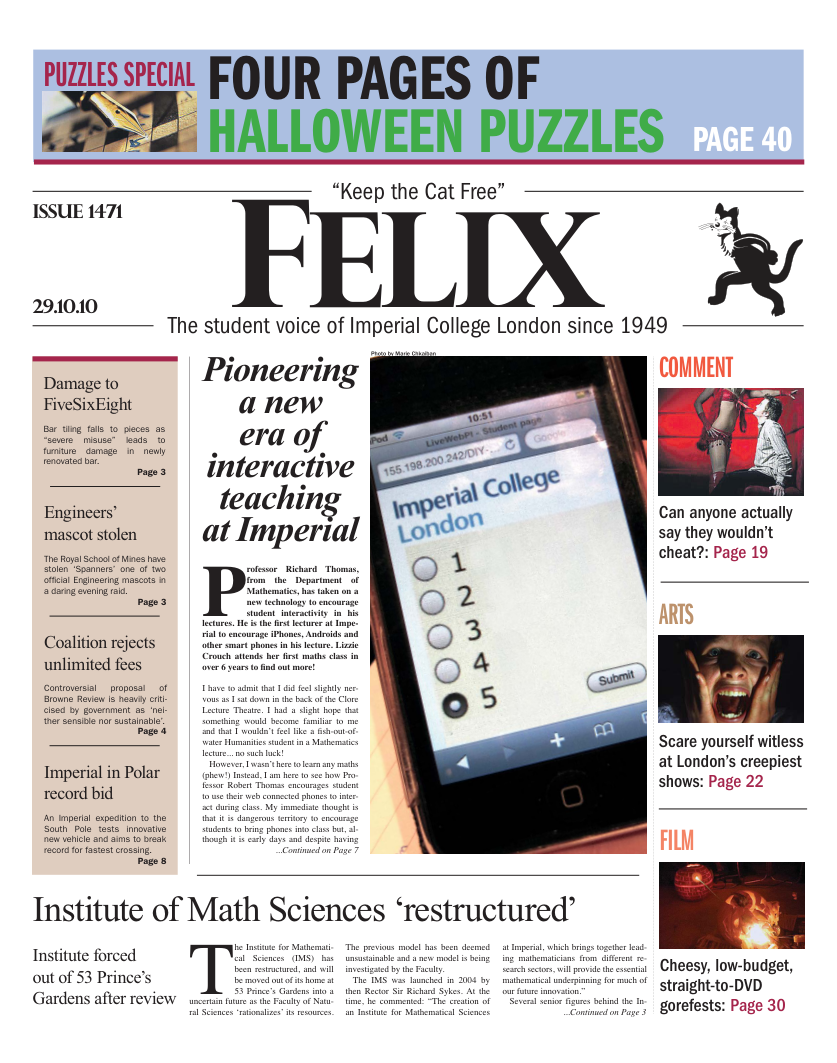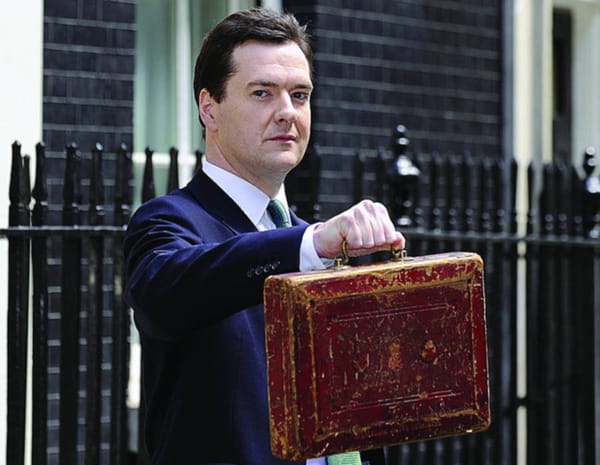Nick Brown argues Lib Dems have lost support
Have the Lib Dems betrayed their manifesto?

“Building a Fairer Britain” – the slogan of the Liberal Democrat manifesto. Is this just another promise that the Liberal Democrats have compromised on in their frantic grasp for power? A question not only being asked by Liberal Democrat MPs, but one that is also at the forefront of public interest.
The announcement of the Conservative-led coalition government just 6 months ago is still fresh in the memory of the public, and the question from them still remains, can there be any gain for the Liberal Democrats from this? Even at the very outset of the coalition it seemed plainly obvious to everyone that it was the Liberal Democrats who would, and have conceded nearly all of their manifesto promises. Comments like these are often made in the media, but what has the Liberal Democrat Party really conceded in this coalition agreement?
Let’s address the long-nosed fat grey animal in the room first, tuition fees. It had been Lib Dem policy for some time now to scrap tuition fees. With this being the case it would have been expected that Vince Cable, Business Secretary and big campaigner against tuition fees, would have had a whisper in the ear of Nick Clegg before endorsing the Browne Report. So concession number 1, endorsement of possible tuition fee rises.
The comprehensive spending review announcement last Wednesday is equivalent to taking a lightsaber to the Liberal Democrat manifesto. First and foremost it increased the rate at which the Liberal Democrats believe cuts to the deficit should be made. Along with this Nick Clegg endorsed and applauded the chancellors announcement of a 50% cut in social housing budget, reduction of the police budget by 16% over 4 years and 490,000 public sector workers becoming unemployed. All of which are unthinkable compromises from the Lib Dem manifesto promises of 3,000 more police on the beat, only minor cuts in 2011/2012 and a government that helps the poorer in society. So that’s concessions 2 – Lib Dem values 0.
Right back at the start of this saga in May, the Liberal Democrats made possibly some of the most damning U-turns on their electoral promises. One of the most decisive policies during the election was the commitment to not build a new generation of nuclear power stations within the UK.
This U-turn on policy took no more than a week after the formation of the coalition, announced by Chris Huhne, who described it as “failed technology”. At the emergency budget in June it was announced that there would be a steep VAT increase to 20%, something which Vince Cable and the Liberal Democrats were unequivocally against. This U-Turn should have spelled out to the Liberal Democrats that taking such compromises wasn’t in the nature of their grass-roots members, with a YouGov/Brand Democracy survey, announcing that 48% of those who voted Lib Dem were less likely to vote for them again primarily due to the VAT increase to 20%. Along with this, Harriet Harman’s announcement that “half the 30,000 new recruits are previous Labour supporters but regard voting as not enough to change things. A third are former Liberal Democrat supporters angry with the way in which Nick Clegg formed a coalition government” is a sure sign that things aren’t all that good for them.
It seems that the only real thing the Liberal Democrats appear to have got out of the bargain is a vote in commons on a referendum on electoral reform, a bill which includes specific policies that are contrary to the their manifesto, such as reduction in the number of MPs. A referendum in which Conservative MPs are able to campaign against it.
The question in all of this is not whether this coalition will survive, but rather can the Liberal Democrats survive this coalition?






